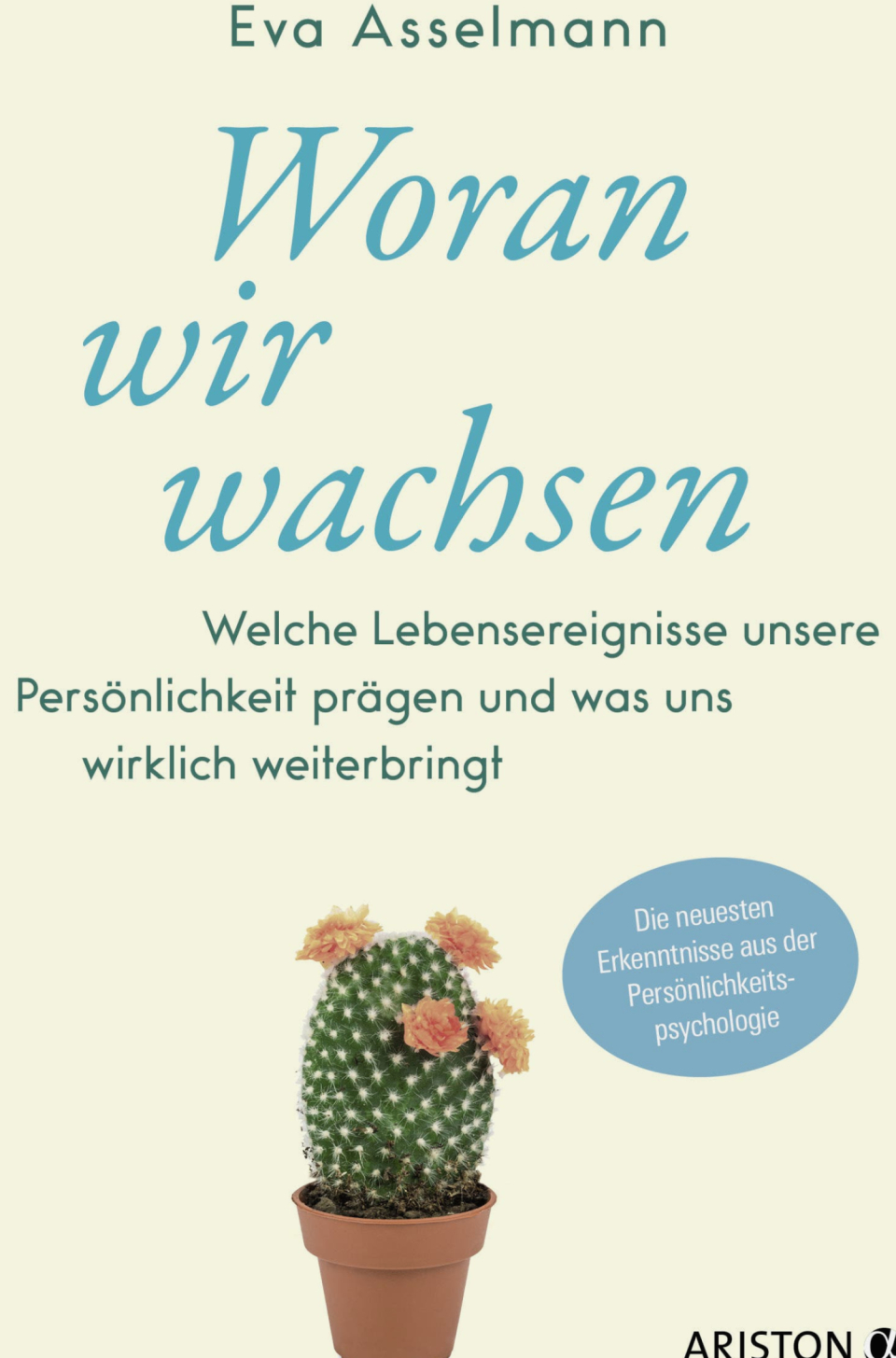What does not kill us makes us stronger? Not necessarily, Eva Asselmann, professor of differentials and personality psychology at Health and Medical University in Potsdam. The connection between personality and dealing with drastic life events is much more complex than the well -meaning saying promises. Resilience plays a major role in this - our ability to cope with difficult situations.
In twelve chapters, the author explains what personality is, how it affects various aspects of life, changing from childhood to old age. In addition, she describes what stress, illness and loss do to the personality and how we can strengthen our resilience – even in the state of emergency of the pandemic. Asselmann concludes with the consideration of how changeable the personality actually is (and whether we have to change at all). In a "research workshop" she provides an insight into the challenges of psychological research. If you feel like it, you can fill out a questionnaire after reading to learn about your own personality.
The book is a pleasant mix of scientific studies and practical tips. Food bumps, "now you" tasks and "personal coaching" invite you to actively read and participate. However, some food for thought are quite banal. Most people have probably already wondered what they particularly like about their "favorite people" or how they can give joint activities as a couple more space. The »Personal Coachings«, on the other hand, are sometimes so extensive that meaningful processing requires great commitment. In the search for a respectful approach to relationship conflicts, for example, many readers with a real coach would probably be better helped. Also on conversations with a pillow in order to train a change of perspective, only a few can be involved.
Personality traits are often portrayed very stereotypically, for example: "Extraverts (...) bounce off the calm nature of introverts, which they perceive as indifferent, supercooled or lethargic." Asselmann explains that the personality is not simply knitted and there is a whole range of gradations between the extremes. Nevertheless, some striking representations feel uncomfortably like drawers. Apart from that, the text is informative and supported by many studies, which Asselmann often explains briefly. Her writing style is understandable, although sometimes quite stiff (for example with words like "Evidenzlage").
If you read the book, you have to get involved to enjoy it. This is most likely to succeed most, who are quite good at looking inside who deepen this ability and want to understand science behind the personality.



















